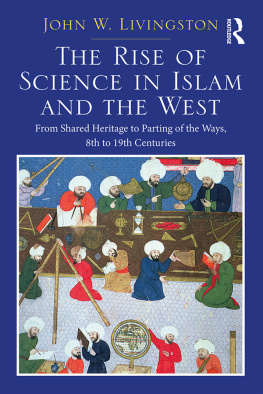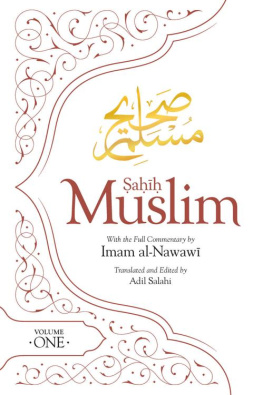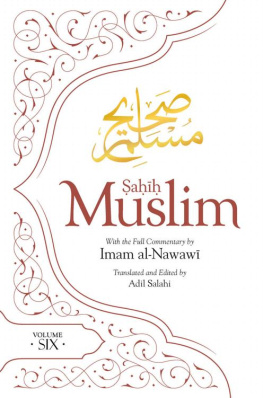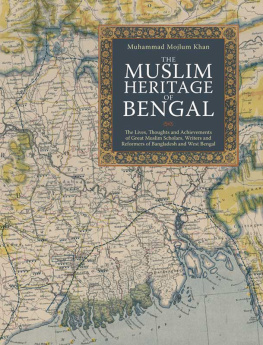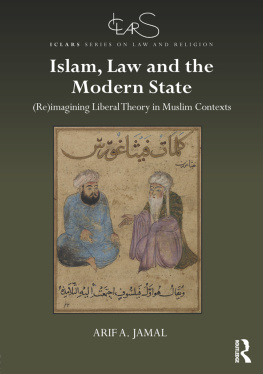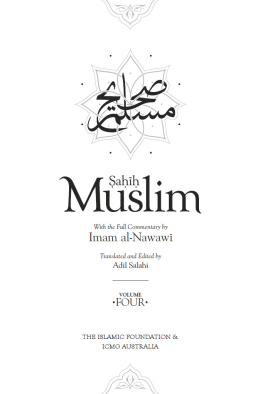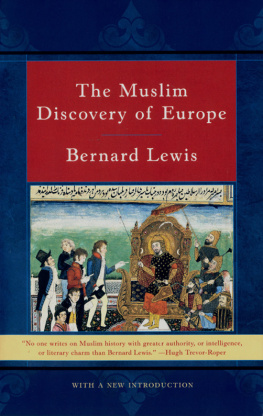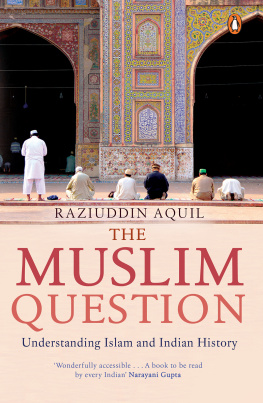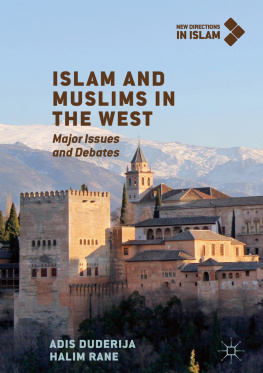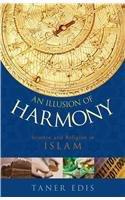First published 2018
by Routledge
2 Park Square, Milton Park, Abingdon, Oxon OX14 4RN
and by Routledge
711 Third Avenue, New York, NY 10017
Routledge is an imprint of the Taylor & Francis Group, an informa business
2018 John W. Livingston
The right of John W. Livingston to be identified as author of this work has been asserted by him in accordance with sections 77 and 78 of the Copyright, Designs and Patents Act 1988.
All rights reserved. No part of this book may be reprinted or reproduced or utilised in any form or by any electronic, mechanical, or other means, now known or hereafter invented, including photocopying and recording, or in any information storage or retrieval system, without permission in writing from the publishers.
Trademark notice: Product or corporate names may be trademarks or registered trademarks, and are used only for identification and explanation without intent to infringe.
British Library Cataloguing-in-Publication Data
A catalogue record for this book is available from the British Library
Library of Congress Cataloging-in-Publication Data
Names: Livingston, John W. (John William), 1932
Title: The rise of science in Islam and the West : from shared heritage to
parting of the ways, 8th to 19th centuries / John W. Livingston.
Description: Abingdon, Oxon ; New York, NY : Routledge, 2018. |
Includes index.
Identifiers: LCCN 2017019716 | ISBN 9781472447333
(hardback : alk. paper) | ISBN 9781315101507 (ebook)
Subjects: LCSH: Science, Medieval. | ScienceIslamic countriesHistory. |
Islam and scienceHistory.
Classification: LCC Q124.97 .L58 2018 | DDC 509/.02dc23
LC record available at https://lccn.loc.gov/2017019716
ISBN: 978-1-4724-4733-3 (hbk)
ISBN: 978-1-3151-0150-7 (ebk)
Typeset in Times New Roman
by Apex CoVantage, LLC

The lands of Islam were once graced with proud cities in a high civilization that for over half a millennium led the world in intellectual productivity. From Cordova in Spain to Samarqand in Central Asia, with Fez, Marakkesh, Cairo, Damascus, Baghdad, Nishapur, Shiraz and Bukhara in between, a legion of creative men of science contributed over the centuries to building a body of scientific, medical and philosophical knowledge that gave Islamdom a precedence in civilization openly recognized by its neighbors to the east and west. Between roughly 800 and 1500 AD, Islamic civilization was accepted as the worlds uncontested leader in science and its affiliated branches. Until 1600, military success against the West confirmed the Qurans scriptural assurance of Muslims being the best of all people. As for the moral and mental superiority of Muslims over Westerners, and over everybody else, that went without question. Muslims were Gods favored community. Their holy book said so. Victory in arms over the infidels was proof. Superiority of mind, as in war and religion, could be taken for granted.
Around 1130, European scholars began translating Arabic scientific, medical and philosophical texts to Latin. Sometime between 1400 and 1500, the impetus of scientific study in the civilization of Latin Christendom reached a level comparable to that of its traditional Muslim rival. But there was a difference. Whereas the interest and investment in science in the West were on the rise, in the East they were in decline, and had been for centuries. The science and technology that through the early Arab conquests had been inherited and translated during Islams youth and then had been assimilated and expanded during the civilizations mature years, were in the 12th and 13th centuries well along the way of losing social standing and being replaced by both mystical devotion and studies more stringently oriented to a narrow interpretation of religious orthodoxy, and this at the very time that, in Spain, Italy and Sicily, Arabic science, medicine and philosophy were being translated to Latin and assimilated. With the fading importance of this scientific and philosophical heritage in the lands of Islam went not only the creative spirit of curiosity regarding physical nature, but also the splendid technique of contriving mechanical devices in which the Muslims had been so adept, and which amazed visitors to the caliphs court. With it went that ease of mental boundaries, that flexibility of adaptation, of borrowing, of learning and improving on inventions made beyond the domain of Islamdom by non-Muslims that had earlier characterized the genius of Muslim civilization and made it what it was.
This inversion of mental openness and creativity did not bring about an immediate eclipse of Muslim military glory, for a spark of that same flexibility and ease of borrowing, of adapting and improving, was exhibited again by another young Muslim power, the Ottomans, in the 14th and 15th centuries, when artillery was taken from the West and advanced models of it turned on the traditional foe, Constantinople, which was taken in 1453 and Vienna, which was almost taken in the next century. While Muslim armies under Ottoman sultans continued Islams triumph over the West for most of the 16th century and vast stretches of Christian territory in eastern and central Europe fell under Ottoman sway, giving fresh proof of Gods abiding favoritism, the expansion of science in the West, originally fueled by the Latin absorption of ArabicMuslim learning in the 12th, 13th and 14th centuries, continued quietly, steadily and far from the battlefields, building western Europes human potential, in spite of the internal discord of political and religious strife in the 16th and 17th centuries and the Churchs humiliation of Galileo. It was not until the late 17th century, when the forward progress of Muslim arms had for a second time come to a halt at the gates of Vienna and then suffered a series of shattering reversals, that a few highly placed officials in the sultans court were at last able to perceive, and admit to, a shift in military power. It did not take long before it also dawned upon them that the shift had something to do with technological expertise and scientific knowledge. This was a grave revelation accepted with great reluctance and hesitation. There was no end of resistance to admitting it. Only a brave few dared admit that those infidel Frankish louts of Abbasid and Crusader times had overtaken Gods community in the methods and weapons of war and the mind. No one wanted to listen. It would take until the early 18th century, with the shock of more defeat and lost territory, each loss greater than the previous, before a wider circle of courtly elites were forced to recognize that western military power could overcome anything the Ottomans were able to put up in resistance to it. Further Ottoman conquest was out of the question. It was now a matter of defense; soon it would be of survival.
Frightened by this shift that was so out of order in the affairs of the world, a world designed and controlled by God, the God of Islam and the Quran, the sultan and his ministers sent a mission to the West to see what it was that made these Frankish ruffians so strong after having been so weak for so long. It was discovered that military power was the product of better technology, which in turn was the product of a technique of social and political organization, of planning and execution surpassing anything Muslims possessed. Power had to do with factories and education and the printing press and science. Henceforth, the Ottoman ruling elite, rather, the party in the elite urging innovative reform, became increasingly more curious about the West. But for most Muslims it was too traumatic to contemplate. Steeped in denial, they claimed it was not Frankish strength but Muslim weakness that caused the change. Muslims had to become better Muslims. It was a question of morality. Weak morality made for weak institutions, which opened the gates to corruption and a loss of spiritual vigor.

